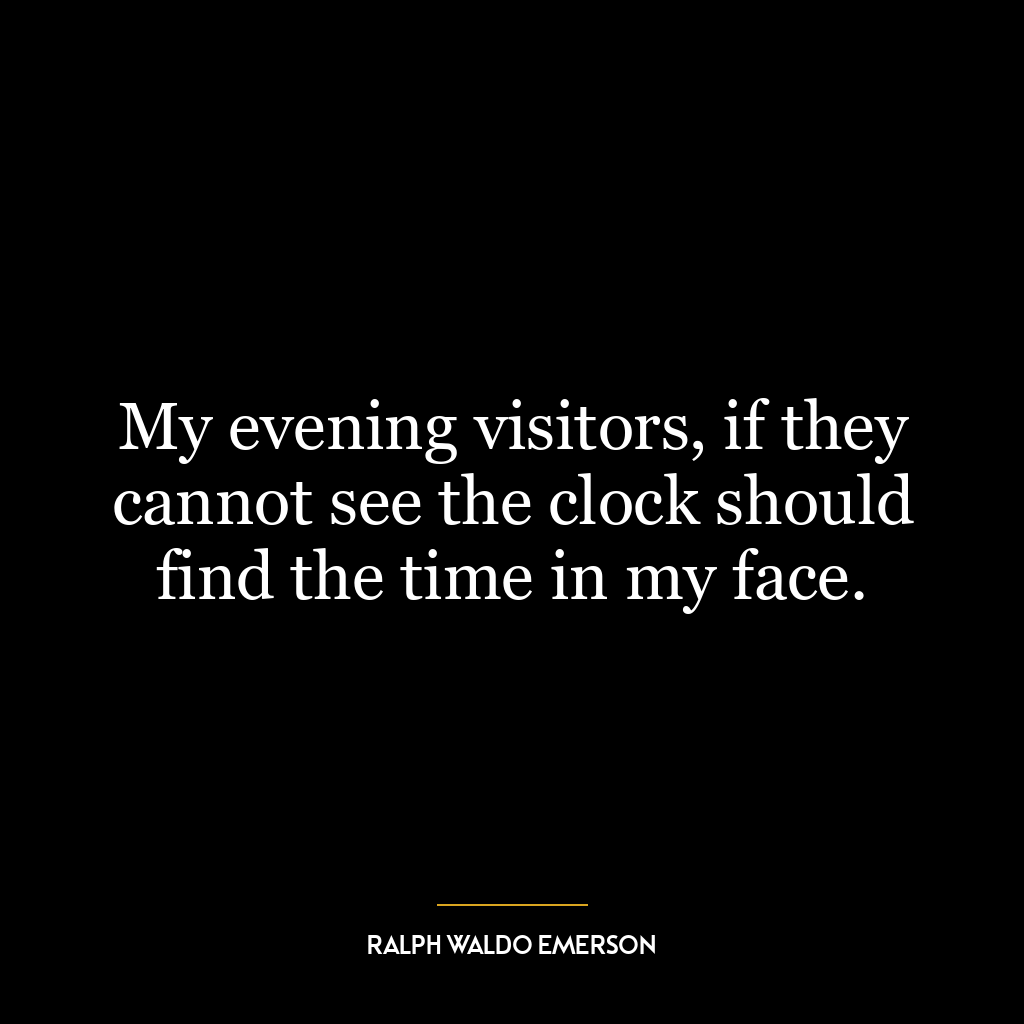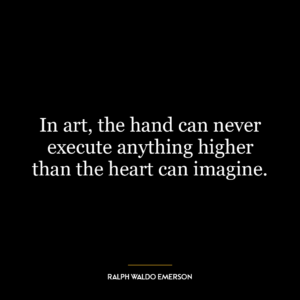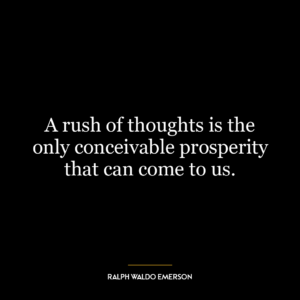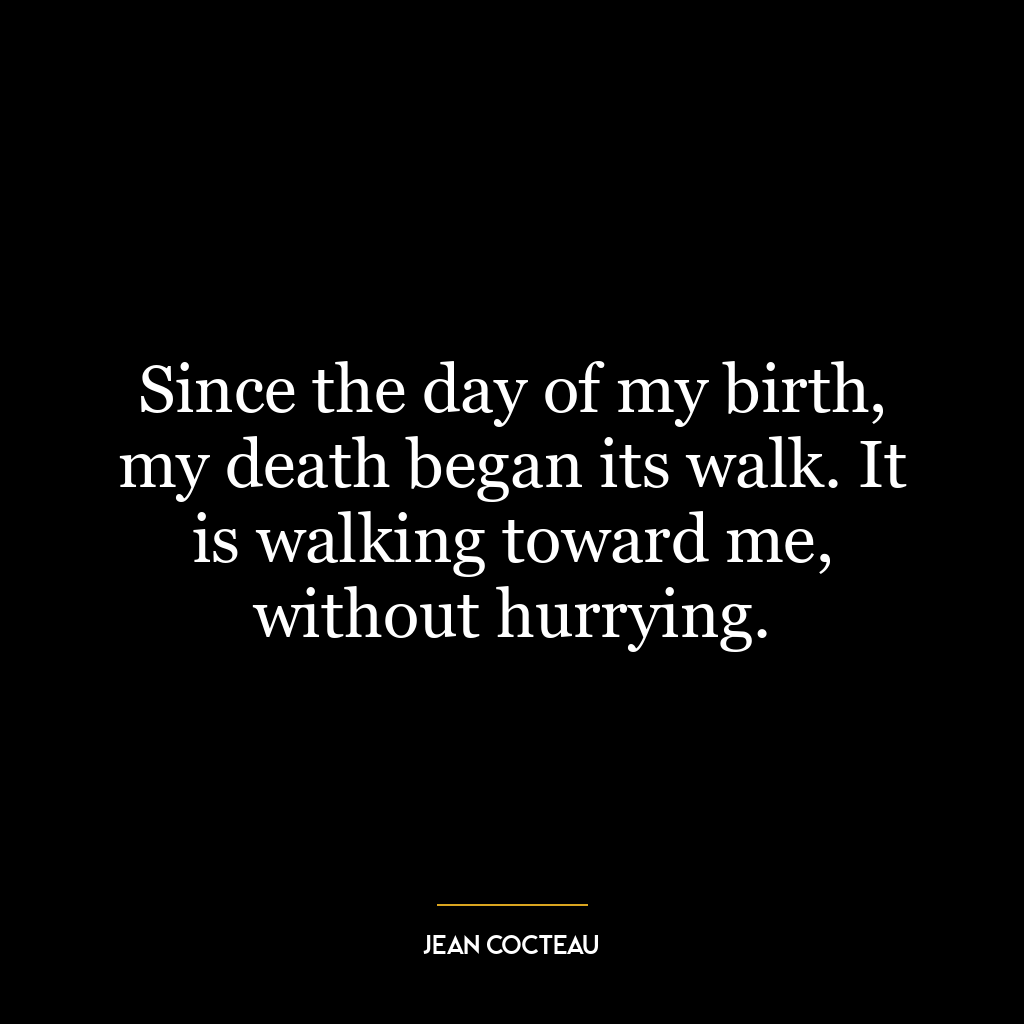This quote is a metaphorical expression of how one’s emotional state or mood can reflect the passage of time. Essentially, Emerson is saying that his feelings, expressions, and demeanor should be enough to indicate the time of day to his evening visitors, even if they cannot see the clock. This could mean that as the evening progresses, his energy levels might decrease, his mood might change, or his enthusiasm might wane, all of which could be interpreted as signs of the advancing hour.
In a broader sense, this quote is about transparency and authenticity. It suggests that our emotions and behaviors should be an open book, accurately reflecting our inner state and the circumstances around us. We should not hide or suppress our feelings, but rather let them show naturally, allowing others to ‘read’ us like a clock.
Applying this idea to today’s world, especially in the context of personal development, it encourages us to be more aware and expressive of our emotions. In an era where people often hide behind digital screens and social media personas, it’s easy to lose touch with our authentic selves. However, being in tune with our feelings and expressing them honestly can lead to more meaningful interactions and relationships.
Furthermore, this quote can also be interpreted as a call for empathy and understanding. Just as we can ‘tell the time’ by looking at someone’s face, we can also get a sense of their emotional state by paying attention to their expressions and behaviors. This can help us respond more appropriately to their needs, whether it’s offering support during tough times or sharing in their joy and excitement.
In terms of personal development, this can encourage us to develop our emotional intelligence, which is the ability to understand and manage our own emotions, as well as to empathize with others. This skill is increasingly recognized as crucial for success in many areas of life, including work, relationships, and personal well-being.















